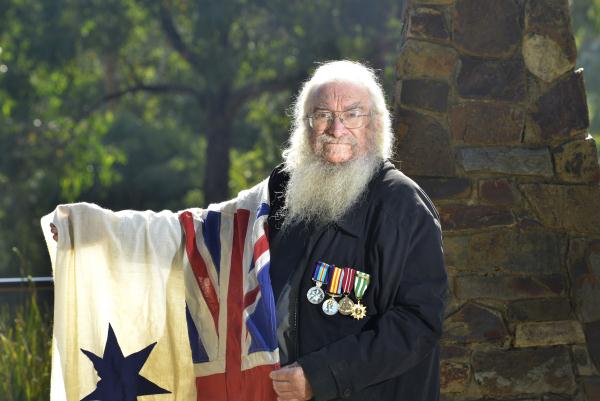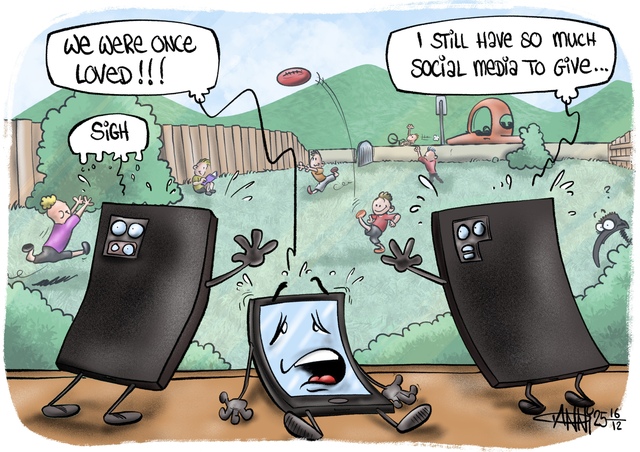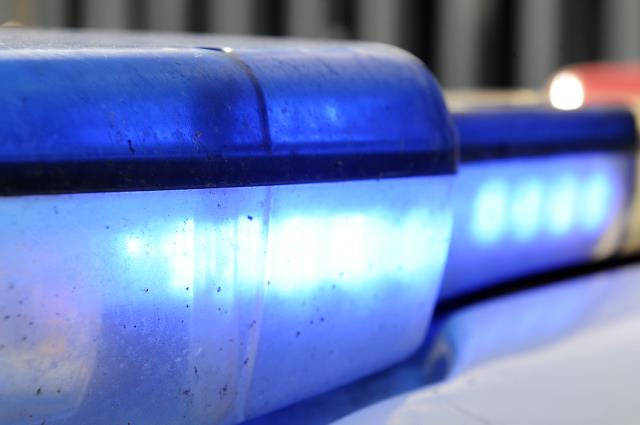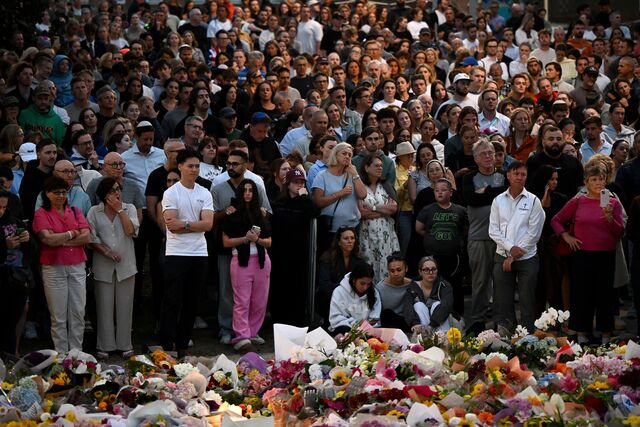By DAVID ALLEGRETTI
MOUNT Evelyn resident Bill Smart was just 16 years of age when he left home to enlist in the Royal Australian Navy.
Following advice from a school careers officer and with a family military background, a career in the defence force seemed like a logical step, not to mention a great opportunity for such a young man.
Having left high school at what would be the equivalent to modern day Year 10; Mr Smart spent six months engaged in self-motivated study before embarking on an adventure of a lifetime in July of 1964.
“This is the medal I’m fondest of,” said Mr Smart as he gestured to his Vietnam medal, the left-most medal of the four he proudly wears pinned to his chest.
“You had a choice of three paths which you could get into.
“My first choice was photographer actually and the second one was meteorologist and the third was electronics and I ended up getting the electronics one.”
After spending nine months at sea just off the coast of Vietnam with HMAS Sydney, Mr Smart came back to Australia to continue his electronics training before once again embarking for Vietnam with HMAS Hobart.
“I was one of those injured on Hobart when it got rocketed – I got belted right under the arm,” said Mr Smart as he recalled one particularly rough day at the office.
“Then the adrenaline kicks in, you think ‘OK, we’re being hit’ but you don’t have time for much else.”
He was only 20 metres away when the first round of artillery came raining down on HMAS Hobart.
In this attack he saw two young colleagues killed.
“I just felt like I’d been punched – I turned to the bloke beside me thinking he had just belted me one – I quickly realised it wasn’t a punch,” he said.
“We were wearing flat jackets with steel plates in them, not like the Kevlar things they have nowadays, big heavy steel plates with a slight gap under the arm, and luckily it hit the bone before it went anywhere else.
“They didn’t have to stitch it – it was that red hot that the shrapnel just cauterised the wound. They just bandaged it up, it was sore for a week but that was that.”
Sadly, Mr Smart believes that some of the spirit of Anzac Day is getting lost.
He speaks of his grandfather serving in Gallipoli and his father who volunteered in Australia before serving in England in the Home Guard.
“It’s getting lost; you’ve got to remember what went on. We have to do it not just for us but for the younger generations and they’ve got to realise what goes on,” he said.
“You’ve got to remember things like that – you’ve got to make sure that the nasty parts of it just don’t happen again.”
Having come to Australia from Wales at just six months old, Mr Smart has no plans to return to the land of his birth.
“They say people die within 15 kilometres of where they were born. So I’m not going back – I’m going to stay here and live forever,” he said with a laugh.







